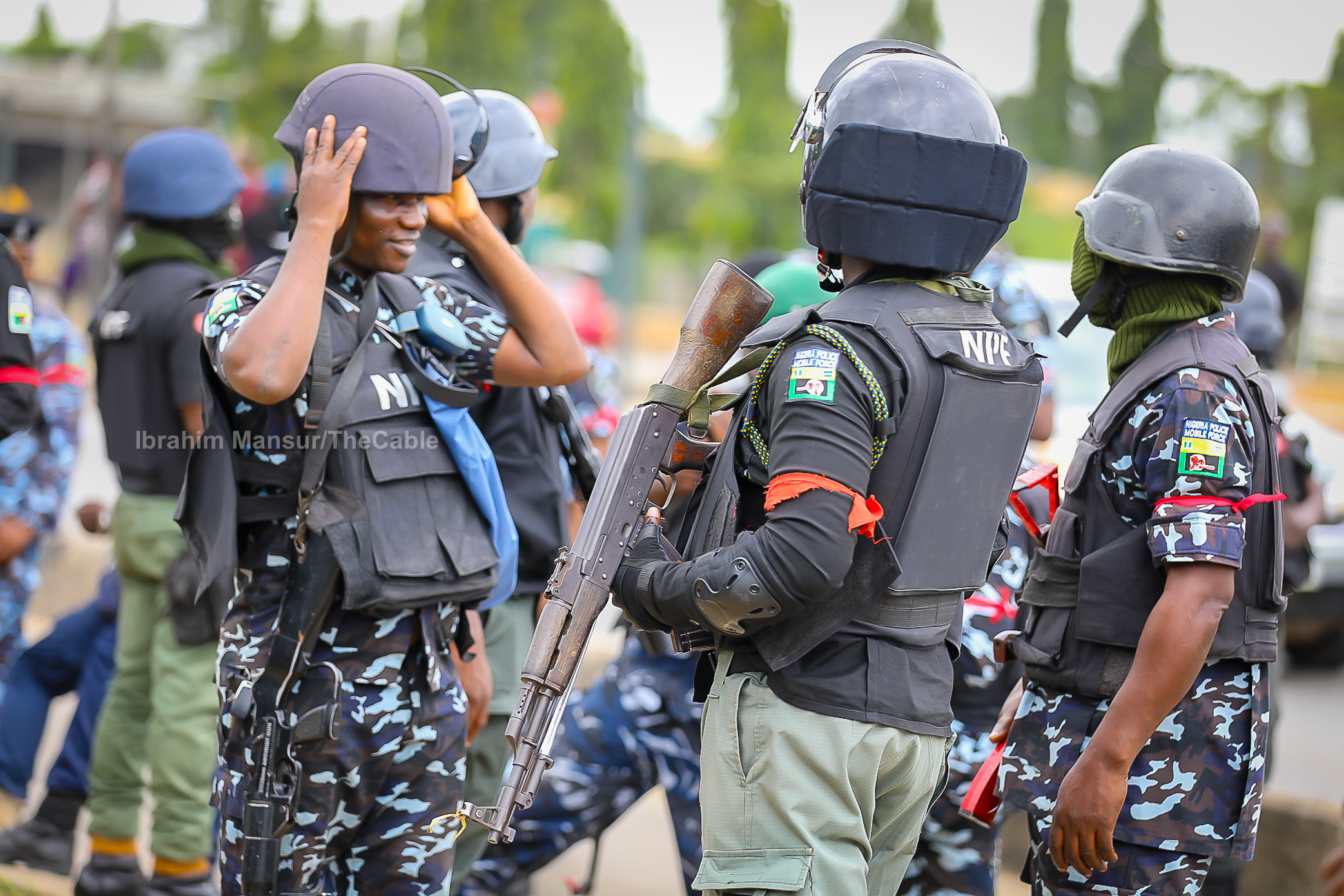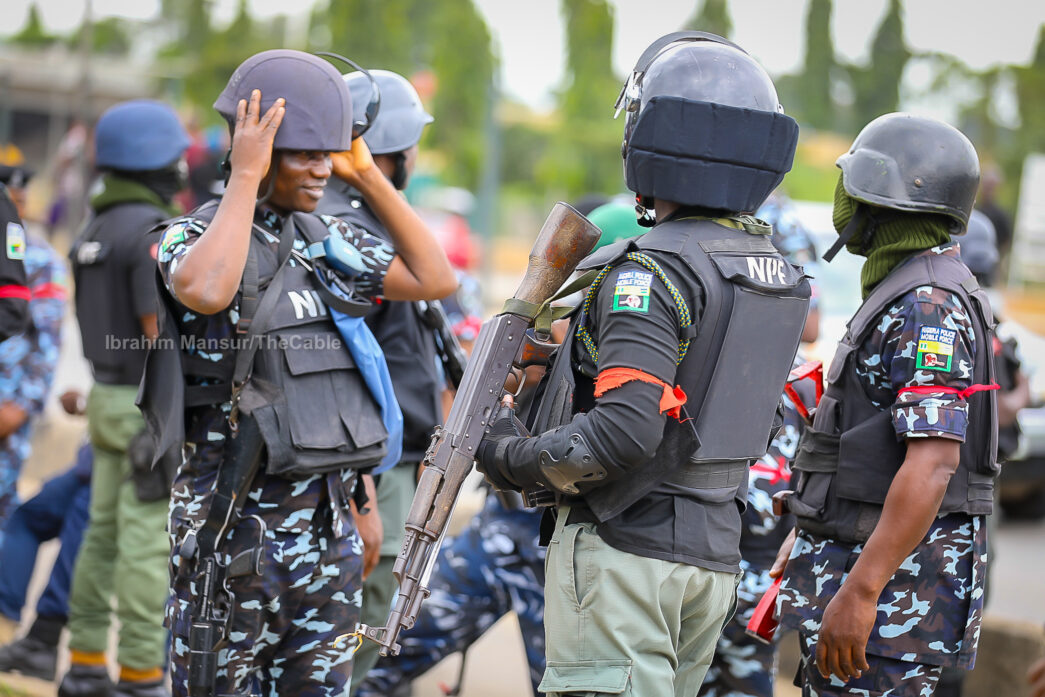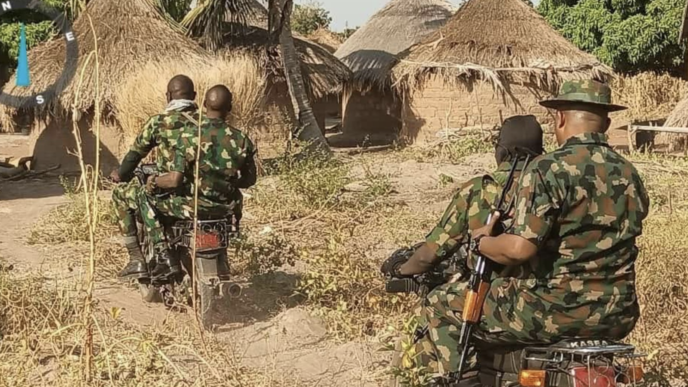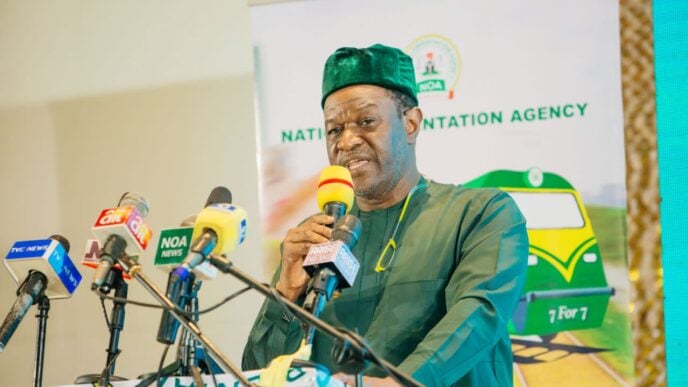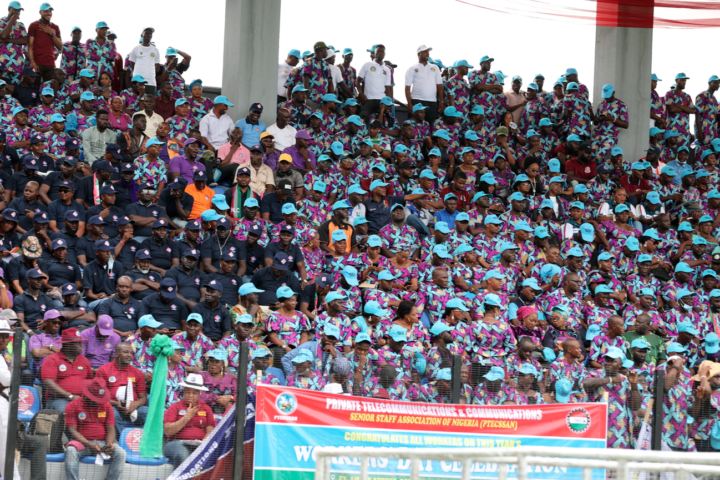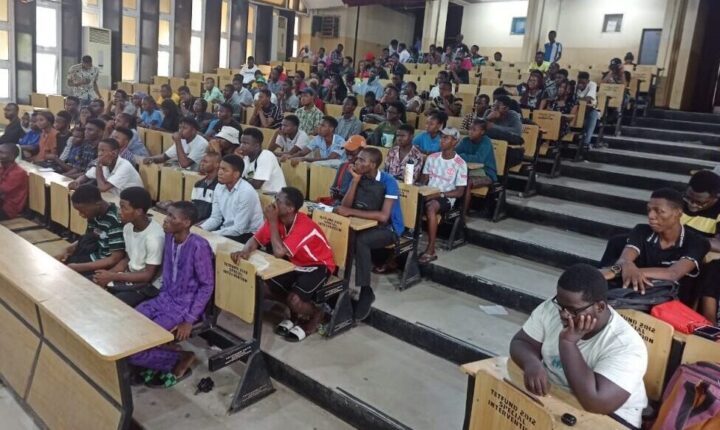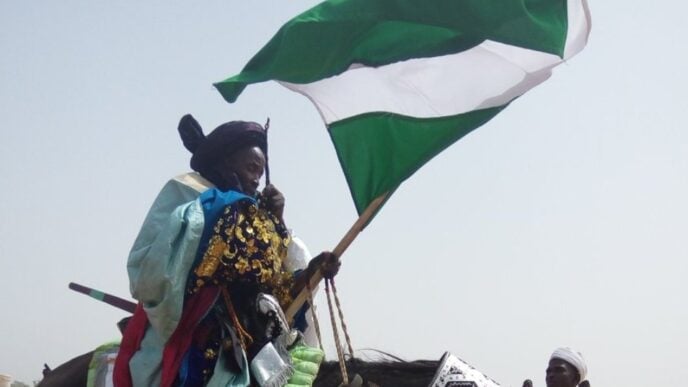Police officers | File photo
BY DAVID BASSEY ANTIA
The police force is an institution entrusted with one of the most sacred responsibilities of governance, the protection of lives and property, and the maintenance of public peace and order. This mandate lies at the very heart of the social contract between the Nigerian people and their government. As such, Section 14(2)(b) of the 1999 Constitution of the Federal Republic of Nigeria states unequivocally that “the security and welfare of the people shall be the primary purpose of government”.
It is through the establishment and proper functioning of an effective police force that the government reassures its citizens of their safety and dignity. Thus, the cumulative essence of policing must be understood as the defence of human rights, not merely the enforcement of law.
However, the operational context of policing often places law enforcement officers in situations that implicate both the rule of law and fundamental human rights. Actions such as stop-and-search procedures, arrests, interrogations, and the use of force are inherently sensitive. They raise critical questions about legality, proportionality, and accountability. Indeed, the challenge lies in maintaining a delicate balance which ensures that police powers are exercised within the province of the constitution while protecting individual liberties.
Advertisement
There exists, inevitably, a latent temptation for the police to act beyond their statutory authority. As Don Campbell aptly observed in his book Police: The Exercise of Power: “There will always be an apparent conflict of interest between those who must investigate crimes and those who wish to limit the power of the state over a citizen’s life. On one hand, a conscientious investigator may resent limitations that hinder effectiveness; on the other, any extension of police power risks the erosion of individual freedoms.”
The Nigerian Police Force (NPF), despite its structural challenges and systemic lapses, has made commendable contributions to national security. Many officers serve with integrity and dedication. Yet, these individual efforts cannot obscure the institutional deficiencies and abuses that undermine public trust. The pervasive reports of brutality, unlawful detentions, extortion, and torture, often shared on social media, demand urgent and sincere reform.
Arbitrary arrests and detentions for the purpose of extortion have become alarmingly routine. Despite the clear constitutional provision that makes bail free, what has been obtained in reality is different. A report by Human Rights Watch documented testimonies from individuals across Lagos, Anambra, and Kaduna who were compelled to pay bribes to secure the release of detainees, most of whom were neither charged nor informed of any offense.
Advertisement
This impunity flagrantly violates Section 35 of the Constitution, which guarantees every person the right to personal liberty and stipulates that no one shall be deprived of such liberty except in accordance with due process. In Ariori v. Elemo [1983] 1 SC 13, the Supreme Court reiterated the constitutional limitations on pre-trial detention. Likewise, in Jim-Jam V Cop (2011) 2 Nwlr (Pt. 1231) Page 375 At 382 Para A, the court held thus: “A Nigerian citizen is absolutely entitled to his freedom, and cannot be deprived of it until and unless due process of law is meticulously observed.”
Kayode Eso JSC, in the case of Ransome Kuti v. Attorney-General of the Federation [1985] 2 NWLR (Pt. 6) 211, 229, described human rights as “rights which stand above the ordinary laws of the land and which, in fact, are antecedent to the political society itself. They are a primary condition to a civilised existence.”
Governments do not grant human rights, they merely recognise and are duty-bound to protect them. In Ekpu V Attorney-General Of The Federation (1998) 1 Hrlra (Page 421, Para A), the court expressed the view that “The very moment a person’s freedom is denied, that person is automatically dehumanised, thus, it is not only when a person is said to be tortured. The moment the cherished freedom of a person is said to be taken away from him, that amounts to torture”.
The Police Act (Section 4) outlines the statutory functions of the police, which include crime prevention, the apprehension of offenders, and the preservation of law and order. Yet, these constitutional and statutory responsibilities are routinely betrayed. The ACJA (Administration of Criminal Justice Act), particularly Section 30(1), mandates that persons arrested without warrant for non-capital offenses be charged within 24 hours or released on bail. This legal safeguard is regularly flouted.
Advertisement
Despite posters in police stations asserting that “bail is free,” detainees and their families are often coerced into paying bribes in the name of bail. The institutional rot is systemic. From extortion at traffic checkpoints to custodial torture and the extraction of confessions through duress, about 69.5% of which, according to some investigations, are obtained involuntarily, the Nigerian police operate in ways that deeply offend constitutional norms.
Perhaps most harrowing are the verified reports of torture methods employed by some officers: severe beatings, suspension by limbs, electric shocks, tear gas sprayed into eyes and genitals, simulated executions, rape, and psychological abuse. These are not mere excesses; they are crimes against humanity. The situation is made more dire by the fact that most victims are powerless to seek redress. In Julius Berger (Nig) Plc V Igp & Ors (2018) Lpelr-46127( CA), the Court of Appeal declared that “when a person is subjected to being treated like trash, his dignity and self-esteem is done away with. In a situation where this obtains, whoever is responsible for that infraction of the Fundamental Rights of that being, must be ready to face the music by way of compensation in exemplary damages. The life of man is priceless.
It is no gain saying that, the economic downturn is endemic and keeps going down. The time has come in this country to cry aloud against these nefarious activities. The average man on the streets of Sango, or Ikorodu, or Egbu Street in Owerri should be able to walk the streets without fear of being molested by powers that be”.
The Office of the Auditor General for the Federation revealed that over 178,000 arms and ammunition went missing from the Nigerian police arsenal in 2019 alone, without adequate explanation or accountability. This lapse has fuelled criminality, armed banditry, separatist violence, and communal clashes—further exposing ordinary citizens to danger.
Advertisement
In The Federalist Papers, John Jay reminds us: “Nothing is more certain than the indispensable necessity of government; and it is equally undeniable that, whenever and however it is instituted, the people must cede to it some of their natural rights in order to vest it with requisite powers.” The Nigerian people have ceded such powers in good faith. The government must now reciprocate with duty, by investing in police reform, enforcing accountability, and upholding human rights as non-negotiable.
So, who will police the police?
Advertisement
The answer lies not in mere rhetoric as it seems to be the case in the many press release by the inspector-general of police but in principled action. An independent oversight mechanism must be put in place, there has to be vigilance by civil society organisations and unflinching political will on the part of the government is needed to transform the Nigerian Police from a force feared by the people into one respected by them.
David Bassey Antia, president, Council of Topfaith University Students, can be contacted via [email protected]
Advertisement
Views expressed by contributors are strictly personal and not of TheCable.
